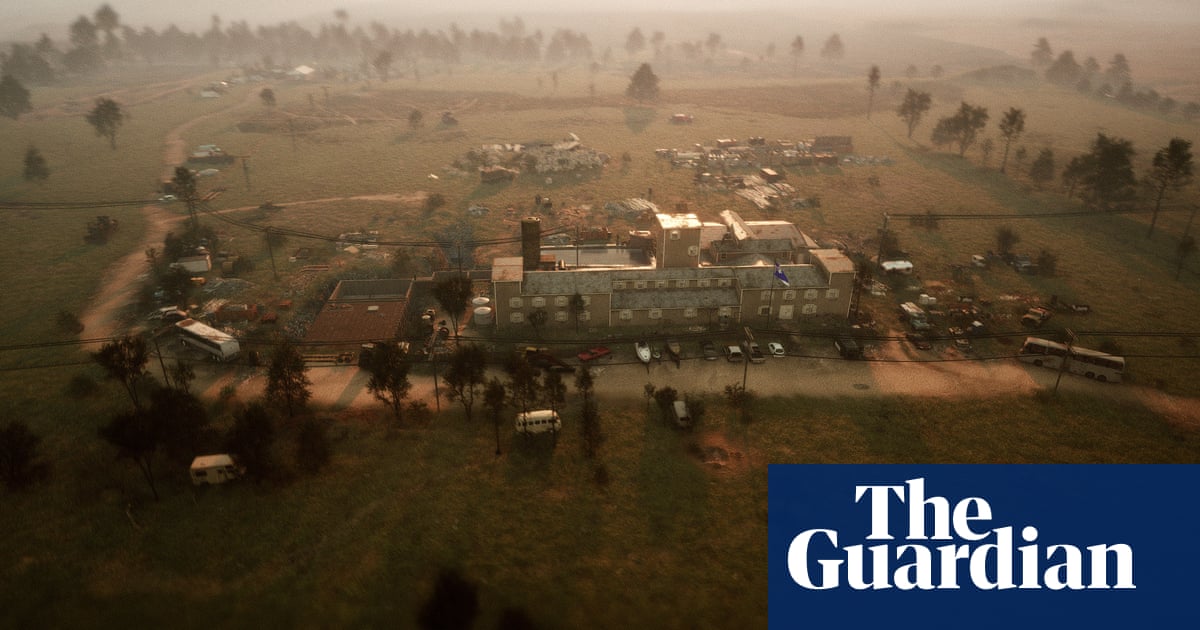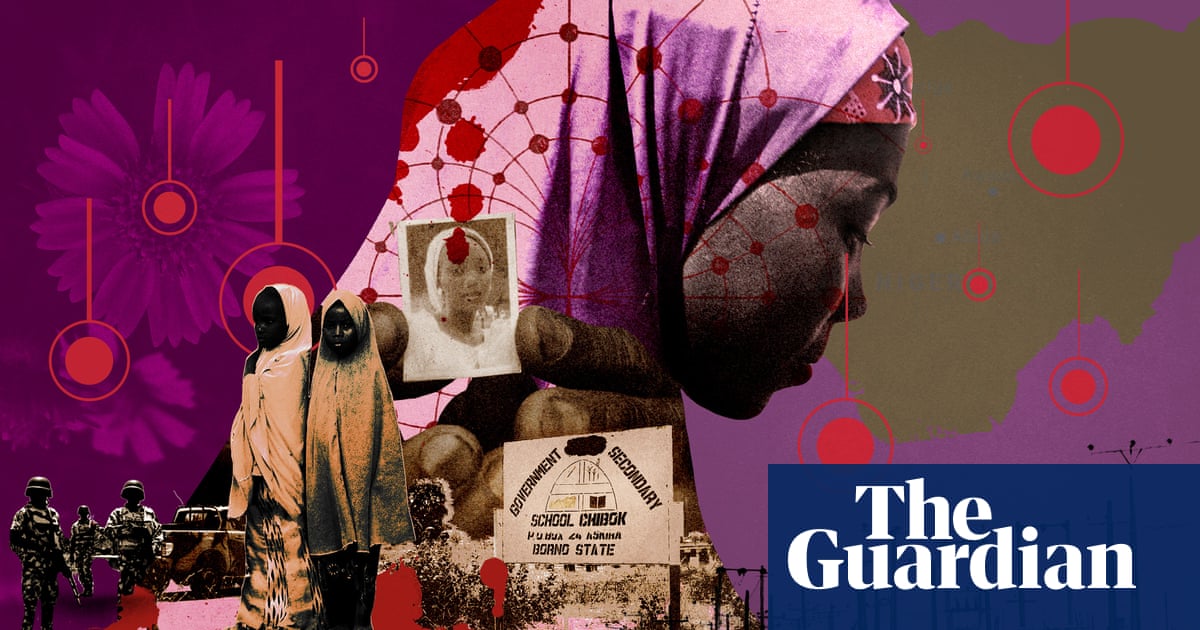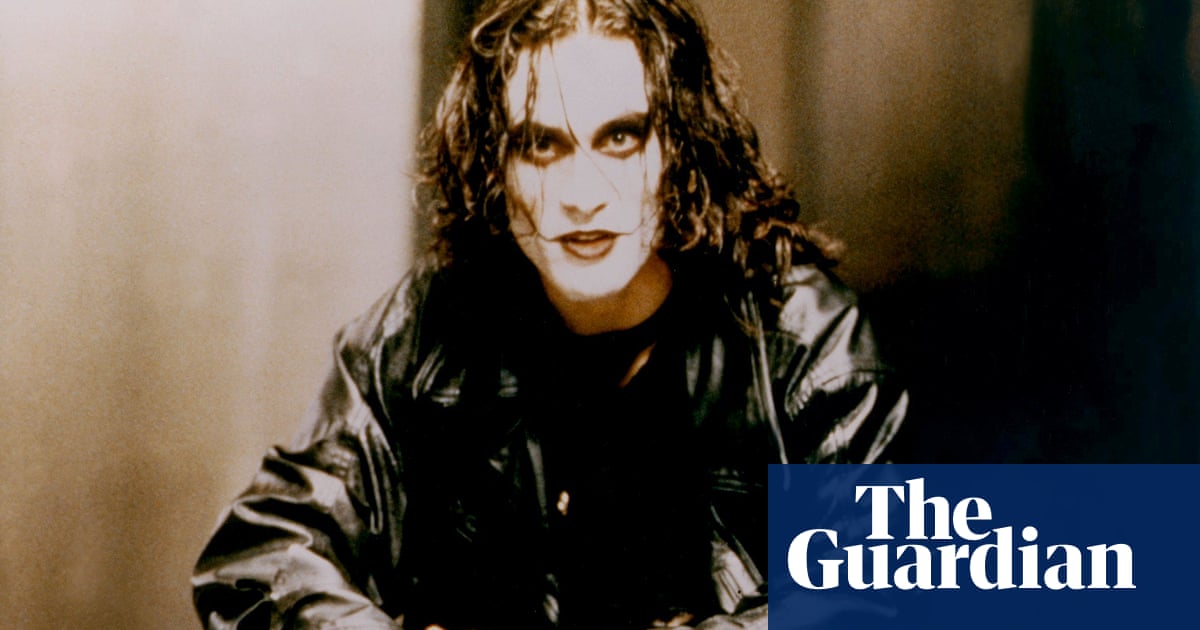
Monday is the 25th anniversary of a seminal massacre in the Israeli-Palestinian conflict. Back in 1994, an Israeli Jewish settler entered the Ibrahimi Mosque in Hebron and calmly, intentionally massacred 29 Palestinian Muslims at prayer.
Baruch Goldstein’s intention was to terminate the Oslo peace process, or what Hebron settlers like to refer to as the “Oslo wars.” In many ways, he succeeded. Scared of the settler lobby, Yitzhak Rabin baulked at the chance to remove the 800 settlers inserted into the center of this historic Palestinian city in the southern West Bank. Instead, it was Palestinians put under curfew who suffered. The message was received: Palestinians felt nothing had changed and many believed that Oslo would not end the occupation. Hamas responded in its own brutal fashion, with the suicide bombings at Afula and Hadera — the group’s first suicide attacks against civilians inside Israel. The negative cycle began and the Oslo process never recovered. The violent extremists on both sides sequestered the tiller of the process and insisted on sailing it into the rocks. Twenty-five years on and Goldstein is still memorialized in his settlement of Kiryat Arba, where his revolting shrine is well tended and revered.
Hebron also never recovered. It was partitioned into areas H1 and H2. The latter, the historic center of the Palestinian city, remains under full Israeli control. The mosque remains a site of acute tension and is now partitioned into a mosque and a synagogue. The settler presence continues to expand, inexorably becoming more and more potent. New settlements have sprouted and Israelis are bussed in to support them. Only recently, the settlers held their half marathon through the ancient heart of the city — another poke in the eye to the Palestinians. Israeli authorities also closed down Palestinian shops and markets, and various streets were “sterilized.” This odious term does not mean bleached to get rid of germs, but cleansed of all Palestinians, who now cannot even walk along them.
The Israeli army, in effect the sovereign power in the occupied West Bank, is at the settlers’ beck and call, and they know it. The army’s mission is not to keep the peace but to protect the settlers.
All of the above is why the international community, when it had some teeth, albeit not very sharp, had insisted on a Temporary International Presence in Hebron. It was a small observer force of 64 people, reporting in private to the states who contributed to it, but it was at least a small brake on the more extreme actions of the settlers and the army.
Israeli Prime Minister Benjamin Netanyahu canceled its mandate last month and the TIPH is leaving. Palestinians have attempted to replace it with their own civilian observer force, which aims to do what the TIPH did: Escort children to school, for example, so that the settlers do not harm them.
The settlers in Hebron would win, hands down, the award for most troublesome neighbors of the year. They do not come from the friendliest sector of Israeli society. Stroll down the streets of the old casbah and you risk having rubbish, excrement and urine thrown down on you from settler homes above. On one occasion, a concrete breeze block landed a few feet behind a British Member of Parliament I was escorting. A recent UN survey found that nearly 70 percent of Palestinian families in H2 have suffered from settler violence and harassment in the last three years.
The settlers in Hebron would win, hands down, the award for most troublesome neighbors of the year
Chris Doyle
The most extreme of these settlers belonged to Kach and Kahane Chai, as did Goldstein. It is these followers of Rabbi Meir Kahane who have just been embraced warmly by Netanyahu. He has reached out to members of the National Religious Party to form an extreme right-wing alliance with Otzma Yehudit (Jewish Power) in another desperate bid to stay in power.
Netanyahu tweeted on Feb. 11: “The Jewish home, Jewish Power, Eli Yishai, and the National Union must unite to save 6-8 seats to the right-wing bloc. We must not lose these votes because the split on the right will lead to a loss in the elections and the establishment of a leftist government. None of them alone does pass the threshold, uniting them will bring at least 6-8 seats.”
Netanyahu wants these Kahanists in the Knesset, possibly even having Cabinet positions, even though they are as racist as you get. They revere the racist Kahane, who wanted an Israel free of Arabs and was banned from the Knesset. In the 1990s, Israel even banned Kach and Kahane Chai as terrorist organizations, though leader Baruch Merzel was able to operate very freely as Kach’s leader.
Netanyahu is quite happy, therefore, to openly cavort with anti-Arab racists, just as he is with anti-Semites if it suits his purpose. His inflammatory politics and nourishment of the extreme right and his own racist rhetoric has, if anything, made a repeat of the 1994 massacre or something like it quite possible. Will any international actors take note? Enabling racist fascists should put international leaders off associating with Netanyahu, but it would truly be a shock if they did.
• Chris Doyle is director of the London-based Council for Arab-British Understanding (CAABU). Twitter: @Doylech
Disclaimer: Views expressed by writers in this section are their own and do not necessarily reflect Arab News" point-of-view












